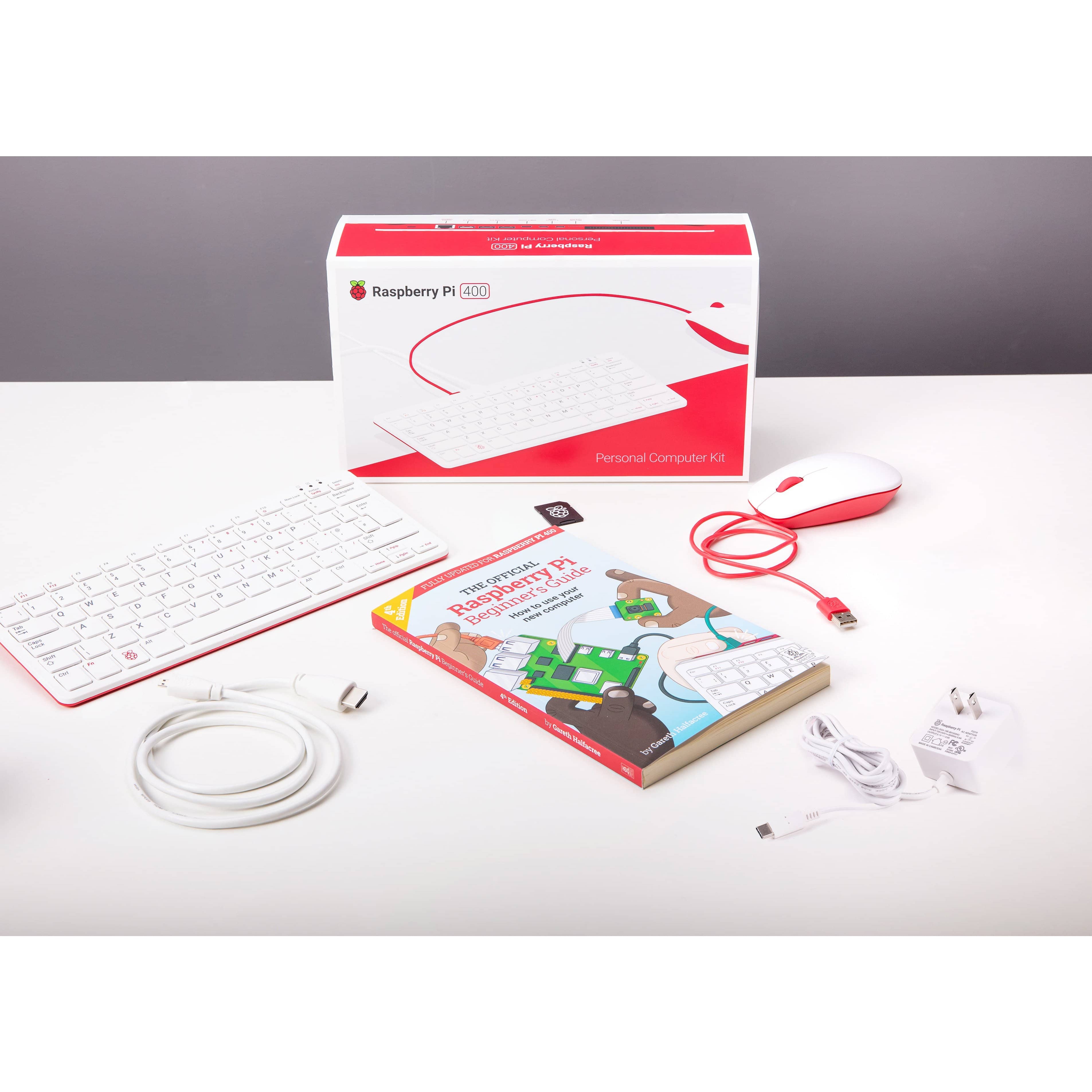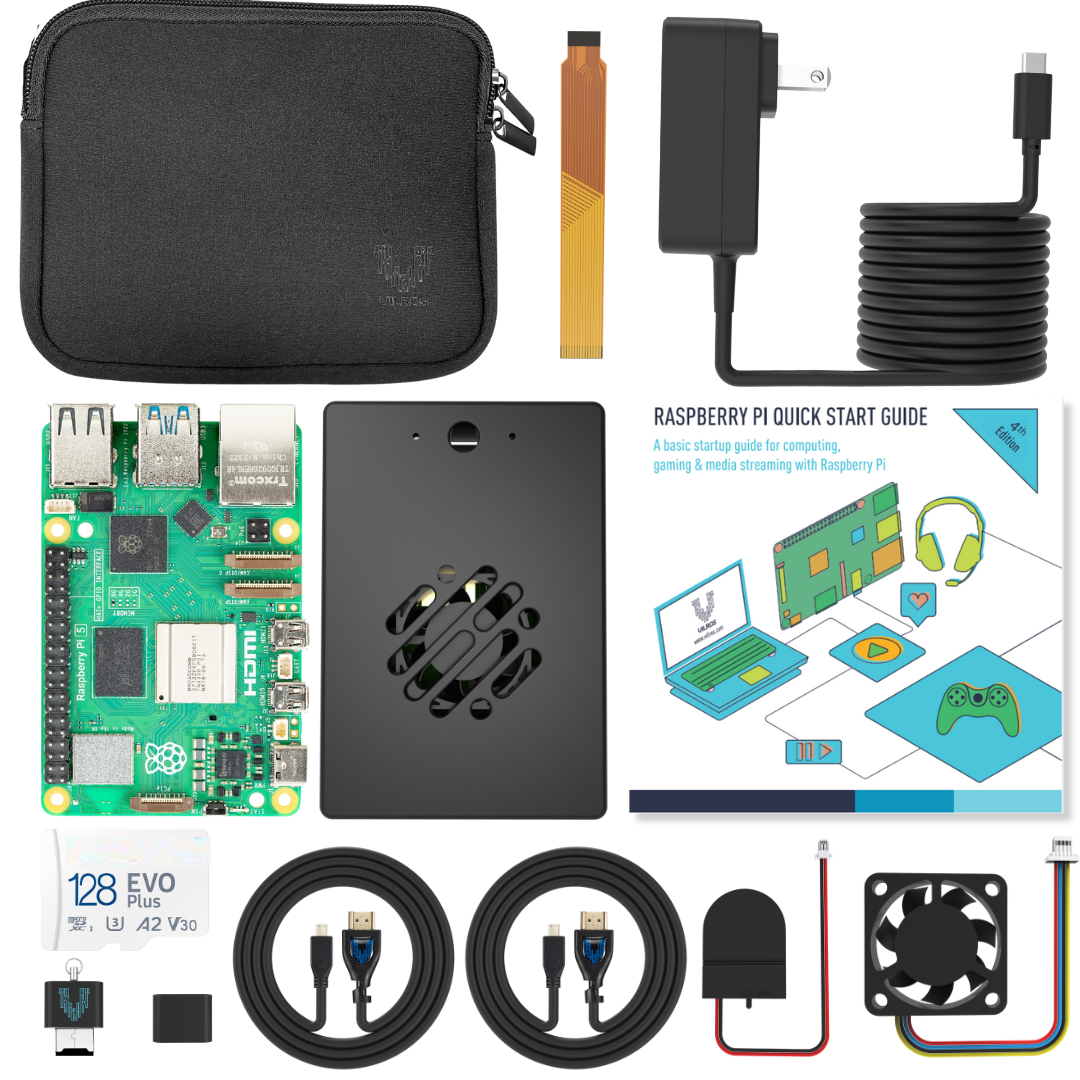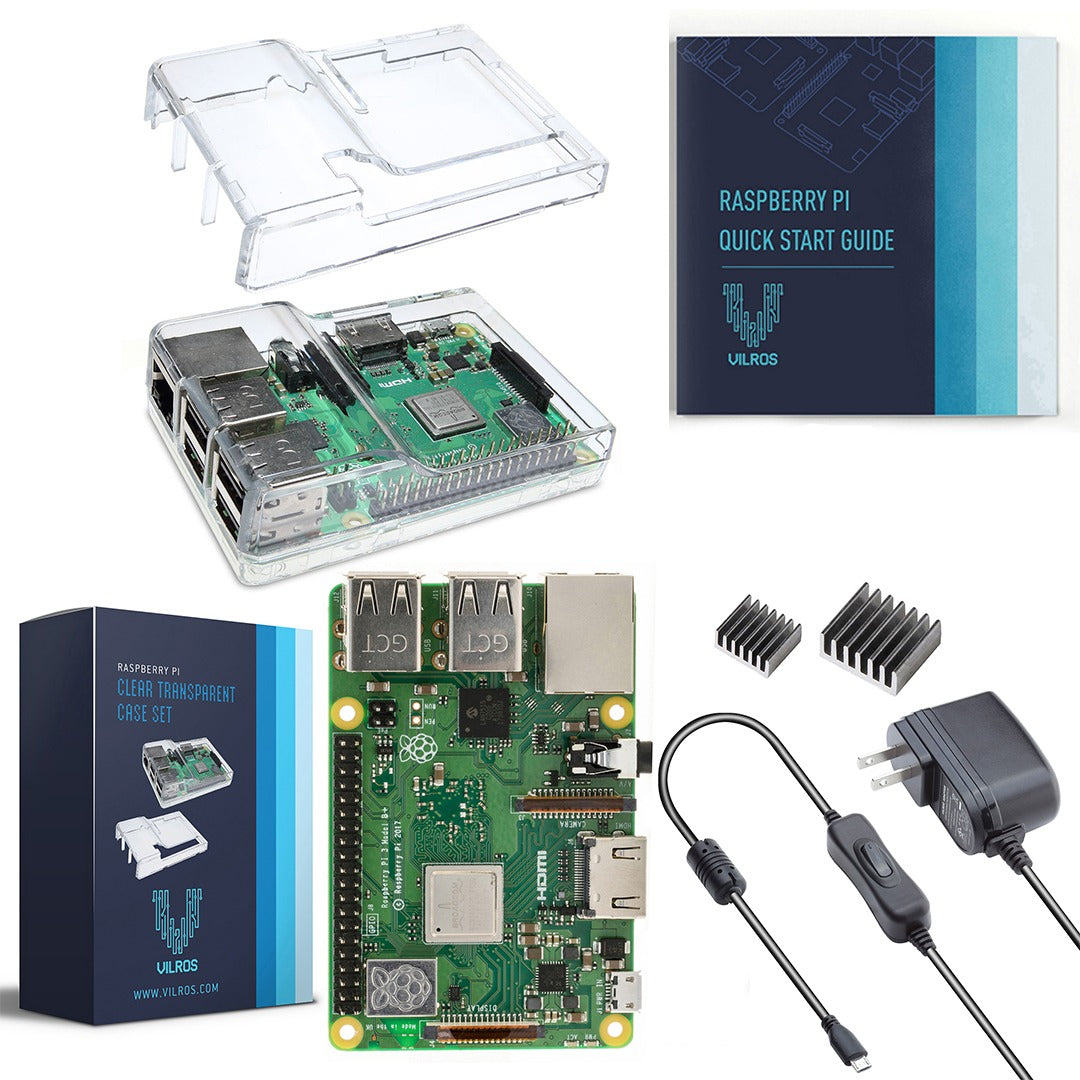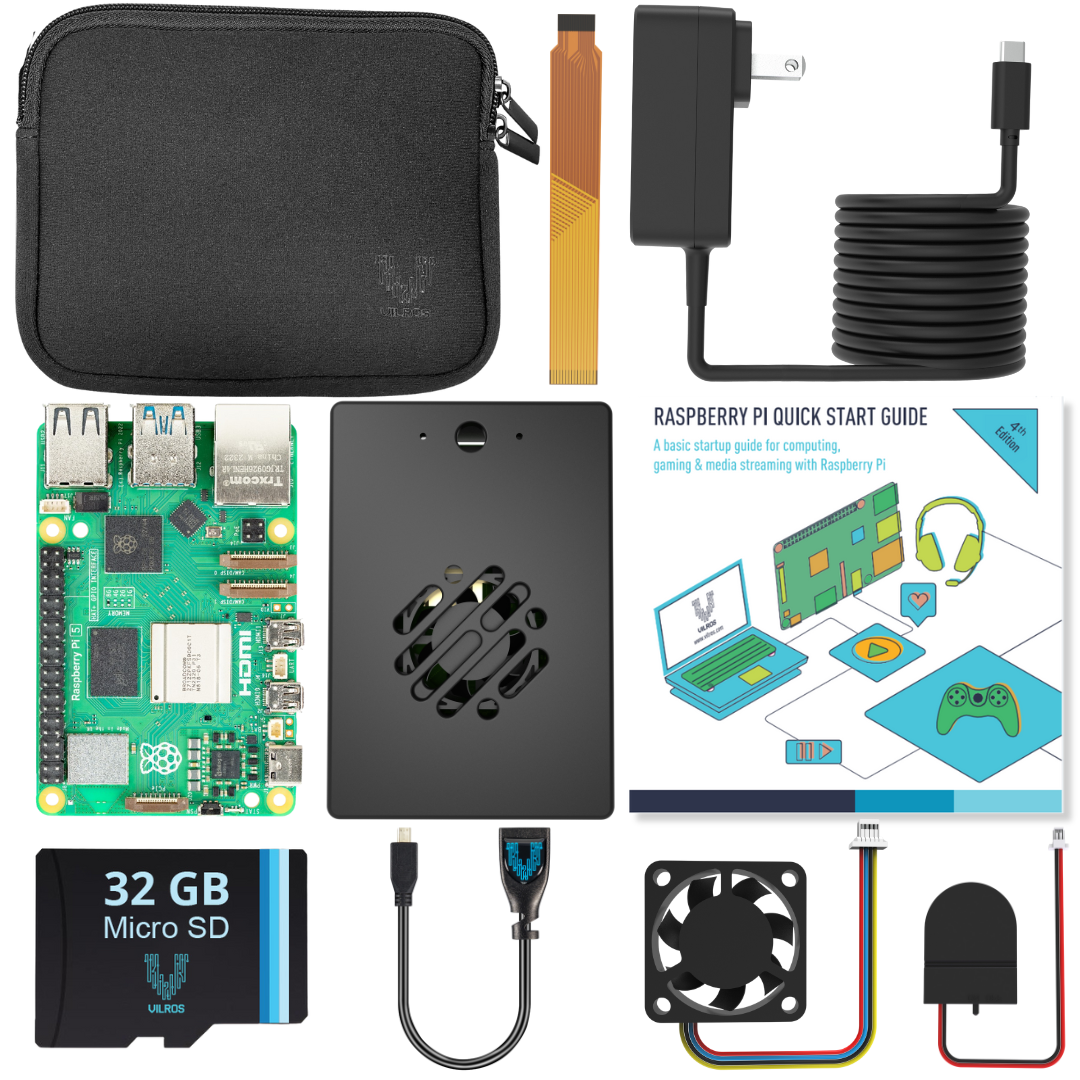
Exciting Ways that Raspberry Pi is Currently Used in Scientific Research
Exciting Ways that Raspberry Pi is Currently Used in Scientific Research
Since the release of the first Raspberry Pi almost 10 years ago, the brand has become well-known and well-loved by tech educators and hobbyists. Bud did you know Raspberry Pi is now having a growing impact scientific research too?
Behavioral ecologist Dr. Jolle Jolles from the Center for Ecological Research and Forestry Application (CREAF) in Barcelona, Spain, is an enthusiastic Raspberry Pi user and advocate who has published a comprehensive review on the many ways Raspberry Pi is being used in the biological sciences. In his research, he discovered that more than a hundred studies reference their use of Raspberry Pi hardware. Impressive!
Some of the Ways the Biological Sciences Have Used Raspberry Pi
- Monitoring nest boxes
- Video surveillance system for underwater marine life monitoring
- Phenotyping plants – a group of scientists made a system called the Greenotyper using the Raspberry Pi
- Intelligent bird-feeders
- Behavioral monitoring systems requiring high throughput
- Autonomous ecosystem surveillance
- Virtual reality projects – multiple Raspberry Pi VR projects are available on the Internet.
Increasing Use
According to Jolle’s review, there is a steady increase in Raspberry Pi use in scientific research, but there’s still room for growth. “Raspberry Pi is still not the common research tool that it could be,” Jolle points out.
Cost Implications
Perhaps the main reason for using Raspberry Pi in scientific studies is the value per cost. For example, here at Vilros, you can currently get a full Raspberry Pi 400 Kit for just $100, much cheaper than a desktop computer. Or get a Raspberry Pi Zero for just $5.
This price factor can make a huge difference for cash-strapped researchers. For this reason, more and more university departments are replacing their PCs with a Pi for their research tasks, and the results are well worth it.
Using Raspberry Pi in Research 
To encourage the use of Raspberry Pi in their studies, Jolle’s review contains recommendations and guidelines that can help researchers in integrating the device into their work. His dedicated website, raspberrypi-guide.github.io also contains more than 30 tutorials.
Automated Video and Image Capture
For biological scientists, Jolle published an application package called the “pirecorder” which can be integrated with the Raspberry Pi in automating video and image recording
Other Scientific Applications
While Dr. Jolle is blazing a trail for Raspberry Pi in biological research, there are many other examples of Raspberry Pi making a difference across the sciences.
For example, Associate Chemistry Professor David Soriano from the University of Pittsburgh-Bradford uses the Raspberry Pi to control a webcam that is being used in monitoring fiddler crabs as they administered thermal polypeptides that release tyrosine, an amino acid. Tyrosine affects pigment production so the system is watching for color changes.
Post-doc Sebastiaan Mathôt from the Aix-Marseille Université in France has run a graphical experiment builder on his Pi at the Laboratoire de Psychologie Cognitive. This shows future promise for further use of Raspberry Pi in psychological experiments.
Although Sebastiaan found millisecond-level inaccuracies in some measurements, he concluded that the Pi is very suitable for this kind of work, as it has a negligible effect on the statistics. And of course, Raspberry Pi is continuously improving its power and precision too.
Once used only by hobbyists, Raspberry Pi devices are being adopted for use in different fields, including the sciences. Small in size and low in cost, the Pi is now the hardware of choice for an increasing number of scientific studies.
Are you excited by the prospect of how Raspberry Pi can contribute to and help transform scientific research? Let us know which scientific breakthroughs you’d like to see – and maybe Raspberry Pi can help!





